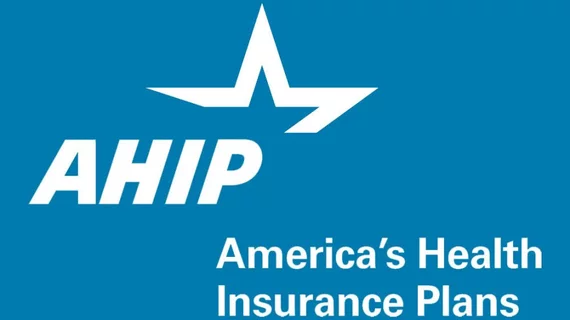New AHIP chief: Insurers are watching single-payer proposals closely
Matt Eyles will take over on June 1 as the new CEO of the health insurance industry’s largest lobbying group, America’s Health Insurance Plans (AHIP). Ahead of assuming the top post, he spoke with Vox about several major legislative trends which could impact insurers.
Among the proposals he’s watching are Democrats’ push for single-payer healthcare. While groups representing hospitals and physician practices have been dismissive of those talks, Eyles said AHIP is “very mindful” of the greater acceptance of single-payer among some Democrats.
“We see obviously a lot of risk with that,” he said. “If you think of 180 million people who are covered by the employer market today, that would be enormously disruptive. If you think of all the people that are in Medicare, are they just going to be cut out of that, or what will happen to those in Medicaid?”
In a survey from Reaction Data released in August 2017, payers were more opposed to single-payer than providers or employer benefit managers.
Eyles’s more immediate concerns are a renewed push for repealing the Affordable Care Act (which he doubts will happen in 2018) and replacing the individual mandate with automatic enrollment in a basic insurance plan.
Read more at the link below:

